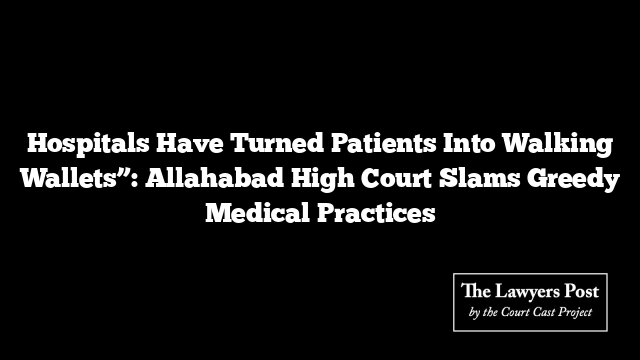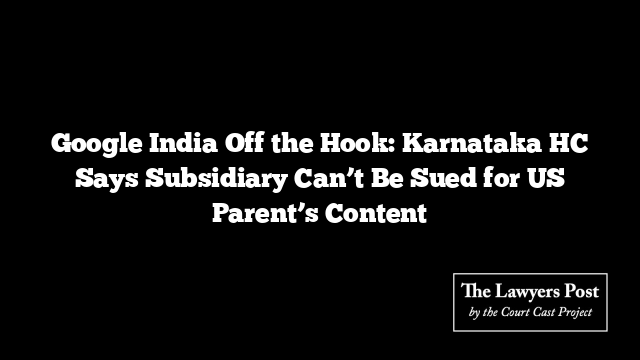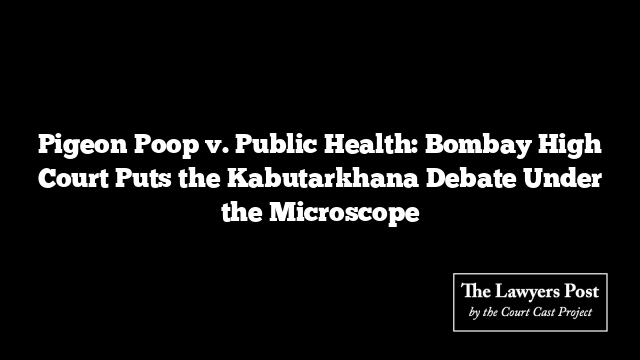In a blistering rebuke of exploitative healthcare practices, the Allahabad High Court likened private hospitals to human ATMs—accusing them of using patients as cash cows while lacking the basic facilities to provide timely medical care.
The critique came during the Court’s refusal to quash criminal proceedings against a doctor accused of negligence in a tragic case involving the death of an unborn child. Justice Prashant Kumar, presiding over the matter, laid bare a disturbing pattern in private medical establishments—where patients are admitted under the illusion of urgent care, while essential doctors are summoned after the fact.
“This trend of luring in patients without having doctors or infrastructure in place is nothing short of exploitation,” the Court said, highlighting how hospitals begin dialing up the necessary specialists after a patient is admitted. The case in question involved Dr. Ashok Kumar Rai, owner of a nursing home where a pregnant woman was admitted for surgery—without an anesthetist on-site. By the time the doctor arrived, the foetus was no longer alive.
“It is now common knowledge that patients are being treated as guinea pigs—ATM machines—to be drained of money,” the judgment remarked.
The Court didn’t buy the defense that the family had delayed in granting surgical consent. Instead, it pointed to a grim timeline: consent was obtained at noon, but the operation wasn’t conducted until 5:30 PM due to the absence of an anesthetist. That delay, the Court said, cost the unborn child’s life.
Justice Kumar was clear—medical professionals who act with skill, care, and integrity deserve protection. But those who open nursing homes without adequate staff or equipment, and admit patients purely for profit, deserve no such shield.
While the Medical Board had issued an opinion favoring the doctor, the Court refused to place its faith in that report, citing incomplete documentation. “This is a case where a prima facie offence is made out, and there is no reason to invoke inherent powers to quash the criminal proceedings,” it said.
The Court also took a passing but pointed swipe at the sluggish pace of consumer justice, noting that the victim’s family’s complaint has been gathering dust in the Consumer Court for 16 years. “Surprisingly, the consumer complaint has not been decided till date. However, since that issue is not under challenge in this case, I refrain from commenting further,” the judge noted.
Thus, the case proceeds—not just as a criminal prosecution, but as an indictment of a deeper rot in private healthcare, where humanity is often second to margin.





